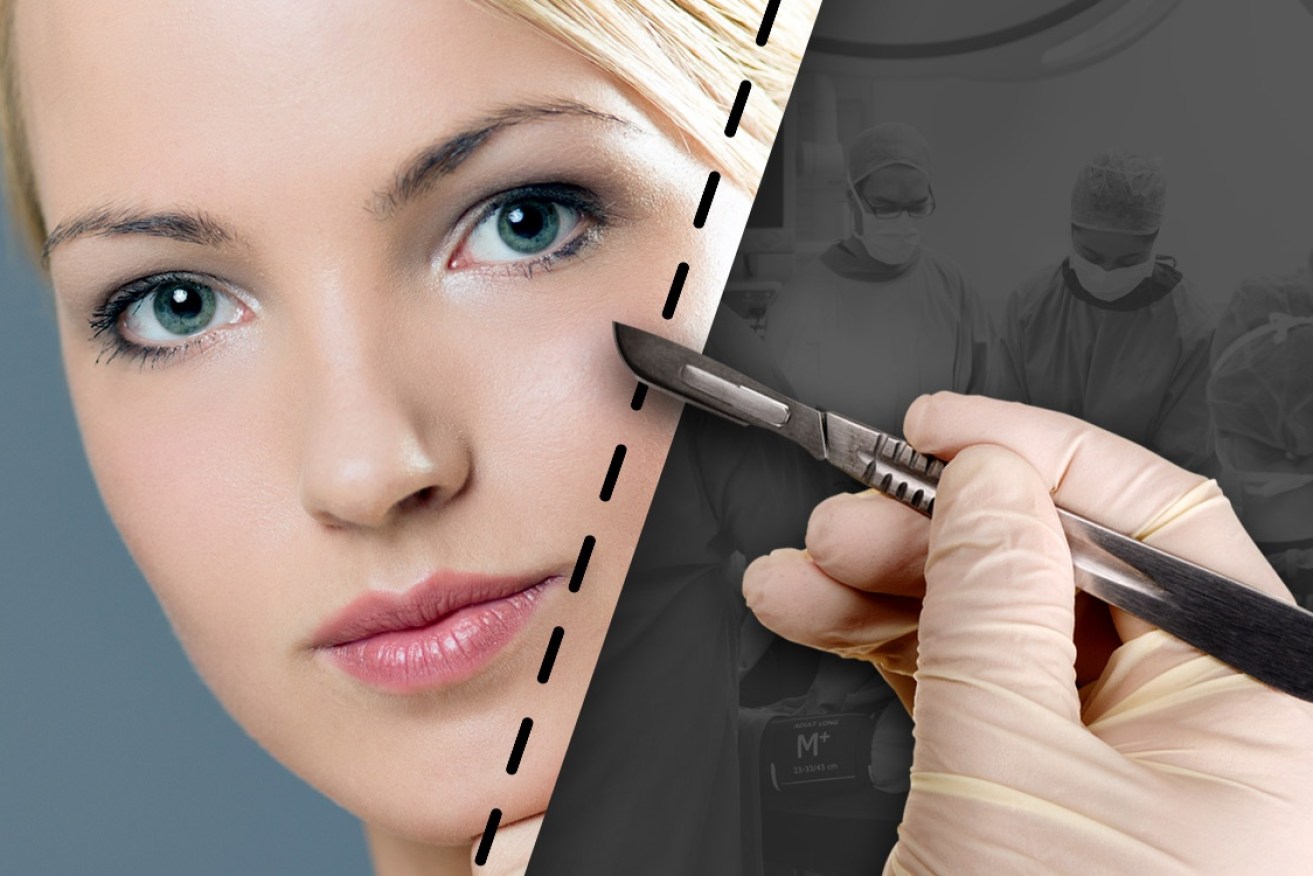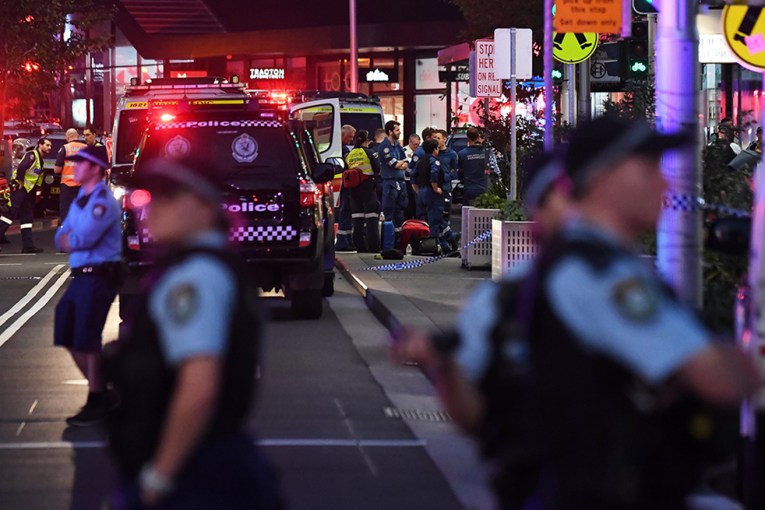Cosmetic surgery death prompts calls for ‘life saving’ industry overhaul


Leading medical bodies are calling for an overhaul of cosmetic surgery standards in Australia. Photo: Simon Rankin
The woman who two decades ago recommended changes to lift standards in the plastic surgery industry says adequate protection for patients has been too slow to materialise.
The plastic surgery industry has this week taken action against dangerous practices which continue to place patients at risk despite a 1999 NSW report recommending they be overhauled.
Merrilyn Walton, commissioner of the Health Care Complaints Commission at the time of the report, said Australian standards fell short in ensuring the safety of patients undergoing cosmetic procedures.
“While there have been some changes in NSW since the 1999 report, this hasn’t been adopted elsewhere in Australia,” she told The New Daily.
“I’ve been following this issue for the last 17 years.

Jean Huang lost her life after an alleged botched cosmetic procedure at a Sydney clinic. Photo: Facebook
“We’ve still got a long way to go.”
The vast majority of safety recommendations in the HCCC report are yet to be adopted.
Jean Huang, 35, was the latest victim of Australia’s “inadequate” cosmetic surgery industry standards.
She died days after undergoing a breast augmentation procedure at a Sydney beauty clinic in August.
Three of Australia’s leading medical bodies are now calling for tougher, nationally-recognised standards in cosmetic surgery to prevent medical emergencies at the hands of untrained “surgeons”.
Difference between cosmetic and plastic surgeons
As it stands, anyone with a basic medical degree is able to call themselves a cosmetic surgeon.
However these surgeons do not require the same qualifications as accredited plastic surgeons – an additional 10 to 12 years of training following university to develop their craft.
Canberra-based plastic surgeon Dr Tony Tonks told The New Daily he was aware of numerous cosmetic surgeons taking on risky methods.
One such scenario involved a practitioner administering sedation using a foot pump while performing a procedure, rather than having a specialised anaesthetist present during operations.
“This so-called surgeon used a foot pump to deliver the sedation himself while operating on patients which is incredibly dangerous,” he said.
“If he was to cut an artery – so the patient is bleeding – that would need his full attention,otherwise the patient could bleed to death. So he couldn’t also be keeping an eye on the monitors with the sedation levels.
“If he was to hold down the pedal too long, the patient could overdose. And if he doesn’t administer enough, they could potentially wake up mid-operation.”
‘Growing’ number of dodgy cosmetic clinics
Dr Gazi Hussain, vice president of the Australian Society of Plastic Surgeons, said there have been increasing complications at unregistered clinics performing cosmetic surgery.
“There are a growing number of these dodgy clinics,” he told The New Daily.
“We know of procedures taking place in apartment buildings. It’s scary. Scary that it’s happening in the first place, and scary that patients are subjecting themselves to that.
“It’s been an eight-year process to form this unprecedented plea to state governments for uniform national laws.”
Dr Hussain said there was no question that the adoption of national industry standards would save lives.
The paper, prepared jointly by the Australian and New Zealand College of Anaesthetists, the Royal Australasian College of Surgeons, and the Australian Society of Plastic Surgeons, focuses on standards of facilities, equipment, staff and training.
It proposes that all day surgery facilities in Australia should undergo regular monitoring and assessment by an external auditing authority.
Practitioners would also be required to acquire adequate training.
How to maximise safety for cosmetic procedures
Dr Mark Magnusson, a specialist plastic surgeon and ASAPS president, said there are various ways a patient can maximise their safety when undergoing a cosmetic procedure.
It is recommended patients do some research and find a doctor of the Royal Australasian College of Plastic Surgeons, check for AHPRA registration, ensure that the facility is licensed and confirm that a specialist anaesthetist will control the drugs being used during the procedure.
“See the surgeon before the procedure,” Dr Magnusson said.
“Ask what experience they have, ask to see ‘before’ and ‘after’ results from their previous procedures, and don’t be afraid to ask if anyone has needed to be rushed to hospital after a medical event.”








